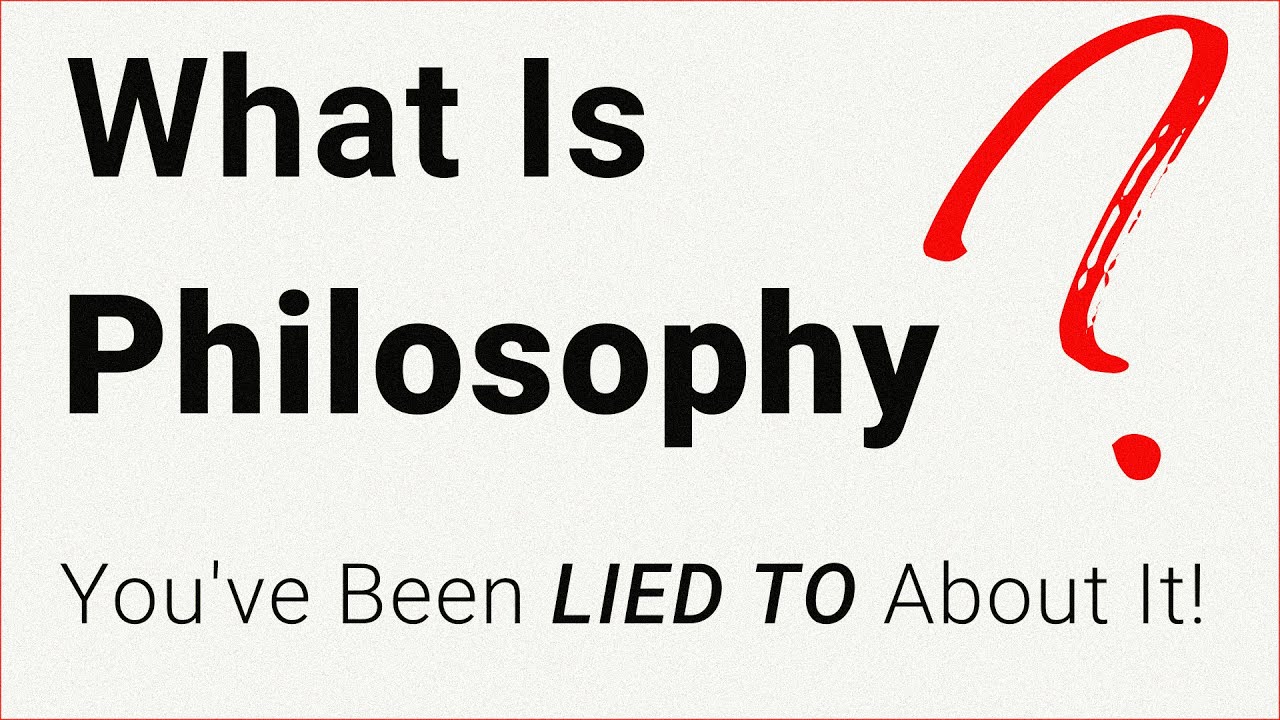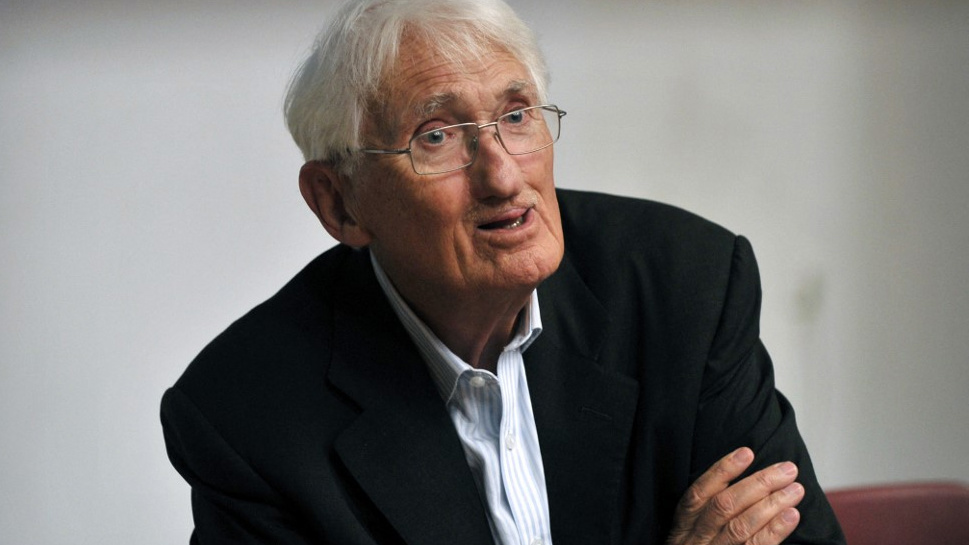philosophy
 www.cambridge.org
www.cambridge.org
"What incels can learn from Simone de Beauvior" is an all-timer topic for an essay but anyway this has some good sections >Finally, what does Beauvoir have to say to incels already in the grips of this delusion of sovereignty? Importantly, quite a lot. Although Rodger was fully consumed by self-alienation, it is not too late for many men to live better lives. According to Beauvoir, this requires a kind of “conversion.” They must renounce the vanity of viewing themselves as fallen gods, and assume the risk of existing as human beings. This involves moving away from an appropriative, conquering attitude toward a stance of openness and reciprocity. It requires cultivating a healthy sense of competition and fair play, of personal responsibility, humility, “friendship and generosity”. It also means foregoing the certainty of a world with fixed hierarchies—including those based on race and class—and viewing interpersonal relations as always to be made and remade. To relinquish sovereignty, a man needs to accept that, in addition to being a freedom, he is part of Nature and of other people's plans, that he is a body and a history that can be evaluated. Importantly, he needs to accept that there is no action without judgment, and no praise without risk.
 www.existentialcomics.com
www.existentialcomics.com

I am! 
in light of supreme Court decision
 aeon.co
aeon.co
The philosophy and psychology of why people have more of a problem with "preachiness" or "stridency" than they do with genocide. This essay's also of interest to anyone learning more about double consciousness or the costs of autistic masking. >A modest first step will be to recognise that the eyeroll heuristic is deeply unreliable. The fact that some new norm strikes us as annoying, or that those advancing it strike us as self-righteous, preachy or otherwise offputting, tells us nothing about whether the norm is an improvement or not, whether it represents moral progress or moral backslide. The negative-experience of affective friction caused by the new norm isn’t evidence that the norm itself is bad or that we shouldn’t adopt it. Reactions involving awkwardness, irritation, even resentment are precisely what we should expect even in cases where old, unjust norms are being replaced with new, fairer ones. These feelings have their roots in norm psychology. And though they are very much a reflection of the genuine challenges of adapting to new and changing social environments, they are not sensitive to the merits of moral arguments or the moral value of different social norms. Far from it: our norm psychology helps us track and adapt to whatever norms happen to structure the social interactions in our communities and cultures. And, crucially, it does this regardless of whether those norms and conventions are just or unjust, harmful or beneficial, serious or silly.
 ianwrightsite.wordpress.com
ianwrightsite.wordpress.com
i was going to quote the article text below but didn't want to deal with formatting. the sections 'becoming as ceaseless unrest' and 'becoming as quiescent result' in particular reminded me of Spiral Energy from Guren Lagann edit: somehow didn't include the real URL originally, i swear i copy/pasted it in the first time... should be fixed now :(
cross-posted from: https://lemmygrad.ml/post/4842538
 www.youtube.com
www.youtube.com
cross-posted from: https://lemmygrad.ml/post/4840505
*Forgive any formatting as I'm on mobile. As I read in themes, I'm currently focusing on philosophy to try and understand it, see where I fit in the world and also reconstruct my own atheist/nihilistic worldview. I just got done with Existentialist Cafe and got a really nice overview of all the main players in the Existentialist camp but want to finally take the leap into nihilism and absurdism proper. I've read The Stranger and Myth of Sisyphus and like Camus a lot so far but also wanna tackle Satre, Beauvoir, and Merleau-Ponty eventually but wonder if I need to read Husserl and specifically Heidegger and Nietzche since they are controversial because of their politics. Would I be able to get away with just reading synopses of their work? I do currently have Being and Time in my list of books to get. Also, aside from Nietzche, who else should I read regarding nihilism? I'm currently working through The Trouble with Being Born by Cioran and wanna find some more by him but also have The Antidote by Burkeman and Conspiracy Against the Human Race by Ligotti in my backlog. I did read The Book by Alan Watts the other day and though it felt like reading my stoned friend's wild ramblings on society and how we exist in it, some coherent stuff did come through. But I don't know if it was what I was after. I did appreciate it for introducing me to some concepts like ego and self but maybe I should have saved it for another day? Sidenote but I'm planning on moving back and force between philosophy and socialist theory so socialist philosphers are also welcome. Generally I'm open to all suggestions. Thanks in advance!

https://www.marxists.org/archive/lenin/works/1914/cons-logic/ch03.htm I think this is the passage he's highlighting: >“It will always remain a matter for astonishment how the Kantian philosophy knew that relation of thought to sensuous existence, where it halted, for a merely relative relation of bare appearance, and fully acknowledged and asserted a higher unity of the two in the Idea in general, and, for example, in the idea of an intuitive understanding; but yet stopped dead at this relative relation and at the assertion that the Notion is and remains utterly separated from reality;—so that it affirmed as truth what it pronounced to be finite knowledge, and declared to be superfluous, improper, and figments of thought that which it recognised as truth, and of which it established the definite notion” (26) >In logic, the Idea “becomes the creator of Nature.” (26)
Are most people here epiphenomenalists? Physicalists?
 dailynous.com
dailynous.com
He was controversial, but he was in my opinion one of the best all-around living philosophers. He was enormously influential on my own thinking, as well as kind and patient every time I met him. Enormously influential, and a big loss to the discipline. >There is no philosophy-free science; there is only science whose philosophical baggage was taken on board without examination.
 my-blackout.com
my-blackout.com
> A new humanity, a new seeing, a new thinking, a new loving: this is the promise of acid communism
 heddahasselmorch.com
heddahasselmorch.com
My research focuses on panpsychism, neutral monism and liberal conceptions of physicalism (according to which the physical sciences reveal the structure, but not the full nature, of the physical). I am interested in how such views can respond to problems in philosophy of mind (such as the hard problem of consciousness and the problem of mental causation) and metaphysics more generally, especially the metaphysics of causation. I’m also interested in Giulio Tononi’s Integrated Information Theory. This is one of the leading fundamental theories of consciousness in neuroscience, and it entails a form of panpsychism.

Bro he was going to give you the cake, no need to be so stabby Credit: https://www.existentialcomics.com/

Credit: https://www.existentialcomics.com/
 www.youtube.com
www.youtube.com
TL;DR: It’s good for: - Questioning religion - Coining concepts - A jobs program for failed writers and mathematicians/scientists [Hans-Georg Moeller](https://fah.um.edu.mo/hans-georg-moeller/): *My research focuses on Chinese and Comparative Philosophy (specifically Daoism) and on Social and Political Thought (specifically Social Systems Theory).* [Google Scholar](https://scholar.google.com/citations?user=OR3HMCUAAAAJ) He has a [YouTube series on the history of media theory](https://www.youtube.com/playlist?list=PLM0AijAXbZKmRJLOHdzlHZQzoB5K_Gvos).
 www.middleeasteye.net
www.middleeasteye.net
Maybe the last 500 years of Atlanticist colonialism has something to do with it. And also maybe the CIA: [Imperialist Propaganda and the Ideology of the Western Left Intelligentsia: From Anticommunism and Identity Politics to Democratic Illusions and Fascism](https://monthlyreview.org/2023/12/01/imperialist-propaganda-and-the-ideology-of-the-western-left-intelligentsia/) >In this regard, the Frankfurt School under Horkheimer played a foundational role in the establishment of what is known as Western Marxism, and more specifically Cultural Marxism. Figures like Horkheimer and his lifelong collaborator Theodor Adorno not only rejected actually existing socialism, but they directly identified it with fascism by benightedly relying—very much like French theory—on the ideological category of totalitarianism. Embracing a highly intellectualized and melodramatic version of what would later become known as TINA (“There Is No Alternative”), they focused on the realm of bourgeois art and culture as perhaps the only potential site of salvation. This is because thinkers like Adorno and Horkheimer, with a few exceptions, were largely idealist in their theoretical practice: if meaningful social change was foreclosed in the practical world, deliverance was to be sought in the *geistig*—meaning intellectual *and* spiritual—realm of novel thought-forms and innovative bourgeois culture. > >[…] > >Finally, the evolution of the Frankfurt School into its second (Jürgen Habermas) and third generations (Axel Honneth, Nancy Fraser, Seyla Benhabib, and so on) did not alter in the least its anticommunist orientation. On the contrary, Habermas explicitly claimed that state socialism was bankrupt and argued for creating space within the capitalist system and its purportedly democratic institutions for the ideal of an inclusive “procedure of discursive will-formation.” The neo-Habermasians of the third generation have continued this orientation.
So basically the trolley is in the same and the same amount of people are tied to the tracks, but the lever has a wasp's nest built on it so you qould get stung id you pull the lever

so i've wondered for a long time about how leftists use the terms 'materialism' and 'idealism', and how it relates to those terms usage in broader philosophical discussions on epistemology. i may be incorrect in my interpretations, but it seems to me that leftist uses of the term (even its usage in some of marx's writings, from what little i've read) are such that 'materialist' means 'understands that the material conditions of a society drive its development via dialectical processes' and that 'idealist' means 'focuses on artificial/socially constructed ethical or legal principles (such as 'freedom' and 'democracy' and 'rule of law' and 'free speech') rather than material conditions of society like quality of life, literacy, etc.'. the broader philosophical definitions of these terms are slightly different, however. epistemologically, a 'materialist' is someone who believes that we can (and do) directly apprehend the mind-independent external world. this is contrary to epistemological idealism, which argues that we can only ever know the contents of our own mind. we can use these contents to infer things about 'true reality' but can never truly verify them. ontologically, materialism argues that all of reality can be described in terms of physics, or that all facts of the universe are causally dependent on or reducible to physical processes. this is again opposed to Idealism, which argues that existence is in some way irreducibly and fundamentally mental. so my first question for you beautiful posters is, are my perceptions of these definitions and usages overall correct or incorrect? How exactly does Marx (or Engels or any other marxist philosopher) use these terms, and do they intend an epistemological, ontological, or other interpretation? am i missing something fundamental about the philosophical definitions or about the colloquial/leftist usage? What's the deal with that 'philosophy is pointless, the goal is to change the world' quote, is understanding reality not a benefit for efficiently manipulating it? My next point, is that it seems to me like Marx and Engel's Dialectical Materialism, or at least the political program and methods of Socialism/Communism, are not necessarily at all incompatible with *either* philosophical Idealism or Materialism, in terms of epistemology or ontology. Neither is necessarily incompatible with basic empiricism, but is rather a difference in interpretation of what our empirical knowledge is. Whether reality is fundamentally mental or matter, it consists of opposing energies and dialectical processes that play out in our experience with the extrinsic appearance of physical matter. Whether the world is in the mind or 'really out there', our experiences of it are the same. A bit ago i stumbled across [this article](https://philarchive.org/rec/CASMIT) that seemed to be making a similar point, a point i've never really seen made by anyone else before. I haven't read past the abstract yet, and It seems like someone random person's college dissertation or thesis or something so I'm probably not well read enough to interpret this without context, so i was wondering if anyone had seen any similar discourse? What would Marx, Engels, Lenin, Stalin, or Mao say about this line of thought? is it a heresy against socialism, a useless detour into pointless philosophical questions that serve no practical purpose for the revolution, or is it something potentially useful in framing Marxism's relationship to epistemology and ontology?
Once upon a time there were some guys who watched tv like ***ALL*** the time. One day one of them went outside. He was like, "Yo guys, you should go outside, check it out" but his mates were like "nah"
First, apologies if this should go in a different community, it just seemed like this probably made the most sense-mods please move it if it should be someone else. So I've been seeing my new therapist for a couple of months now, and overall I do like him/seems like a good fit. He recently asked if I had ever done meditation/mindfulness etc, as he wanted to do more than just being 99% similar to a friend you would just air your greivances/problems/thoughts out loud which sometimes therapy feels like, which I also like as I do appreciate actually tactics/methods of improvement and such. Anyways, he sent me a free trial of Waking Up, which unbeknown to me is created by Sam Harris. Like most here, I am not a fan of him at all, but I figured I'd at least check out the app. There's a 28 day "intro" course which is basically teaching you the principles of meditation/mindfulness, and I'm about halfway through and so far I would say I've benefited from it. I mentioned my concerns to my therapist, who understood my concerns (I know my therapist is pro palestine based on my ramblings/rants about the situation, so he's not a full blown Sam Harris fan/neoliberal etc) and he suggested that as long as it seems to be working for me I should stick with it, and did point out that if there is any legitimate background/knowledge that Sam Harris does know it would be meditation more so than his fraudulent neuroscience/political activities/"expertise". I've personally kind of for now been like "as long as one of his lessons doesn't obviously show his flawed thinking/views outside of meditation I'll stick with it for now" since I have no idea if there's better resources/alternatives out there, but does anyone have thoughts/suggestions of better resources/apps and what not? Thanks!
The Whos down in Whoville seemingly lost little to no utility from losing those presents and in fact seemed unaffected at all while The Grinch over the course of cartoon (and seemingly the source manga from what I recall) seems to benefit immensely and derive great utility from the act of stealing said presents, as well as presumably using them afterwards.
 lareviewofbooks.org
lareviewofbooks.org
Most of the philosophy discussed requires CWs, so I'll just clip the reading list: >Other philosophers, including Christa Peterson and Robin Dembroff, have meticulously analyzed and exposed the problems with anti-trans philosophy. I find their arguments compelling. But the anti-trans philosophy they effectively dismantle will not be my focus in this piece. Speaking personally, I become the most hopeless and helpless when I speak in generalities and lose track of the enormous diversity in our discipline. And while some philosophers are doing harm on this front (and others), other philosophers are doing work that is generative, creative, and—what’s more—crucial to understanding the current crisis. >I particularly have in mind here work by trans philosopher Talia Mae Bettcher. . . . >I worry that if we go on as we have before, we will end up with a discipline and even a world in which there will be fewer and fewer trans thinkers to learn from—because they are excluded from the discourse, because they will cease to be able to speak out, and because they will literally be silenced. We, and they, deserve so much better. I write in the hopes that, at times like these, we may recognize the urgency of their contributions—of thinkers including not only Bettcher but also Robin Dembroff, Stephanie Kapusta, Shon Faye, Da’Shaun L. Harrison, Perry Zurn, Emi Koyama, Susan Stryker, C. Jacob Hale, Quill R Kukla, Amy Marvin, Jade Schiff, Sophie Grace Chappell, Rach Cosker-Rowland, Rowan Bell, Krys Malcolm Belc, Adriene Takaoka, Veronica Ivy, Julia Serano, Katelyn Burns, Natalie Wynn, Willow Starr, Paisley Currah, Florence Ashley, Angela Black, E. M. Hernandez, Blake Hereth, Ray Briggs, B. R. George, Eli Clare, Tamsin Kimoto, and so many others. Space is limited, as am I. So, go read them. (Links to all of their websites in the original.)
philosophy
!philosophy@hexbear.netOther philosophy communities have only interpreted the world in various ways. The point, however, is to change it. [ x ]
"I thunk it so I dunk it." - Descartes
Short Attention Span Reading Group: summary, list of previous discussions, schedule












